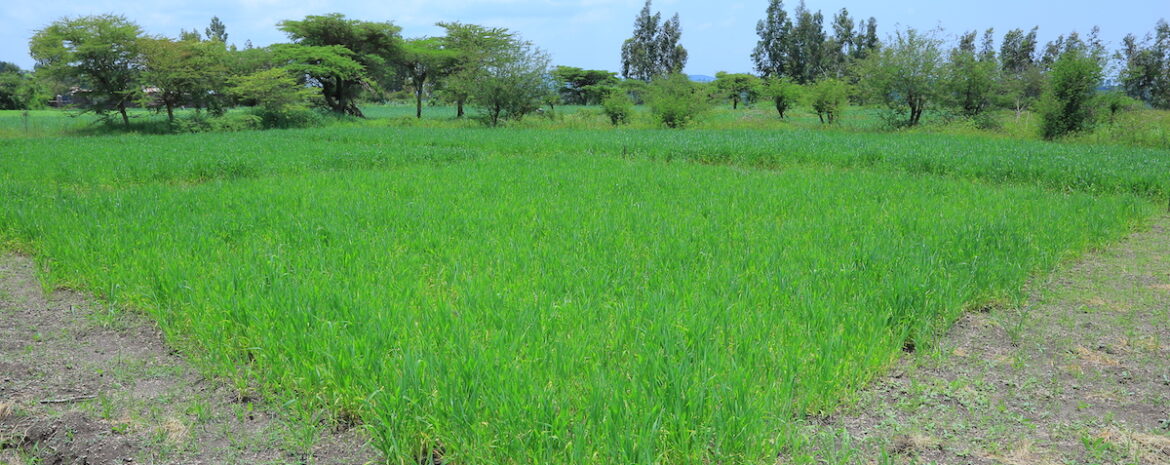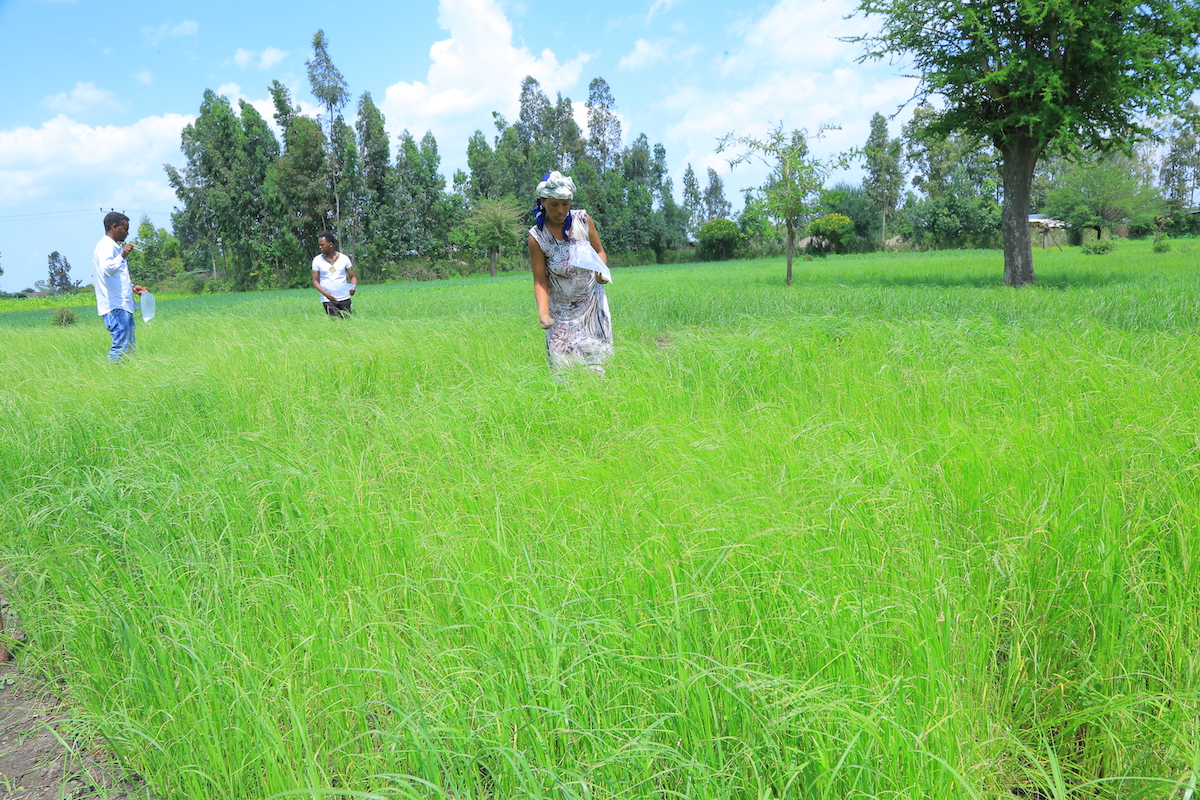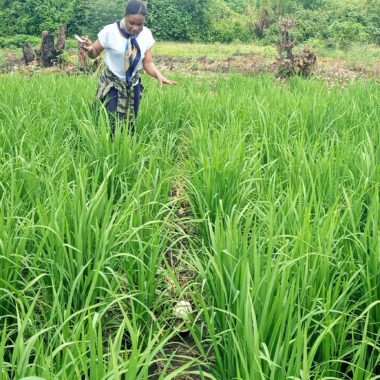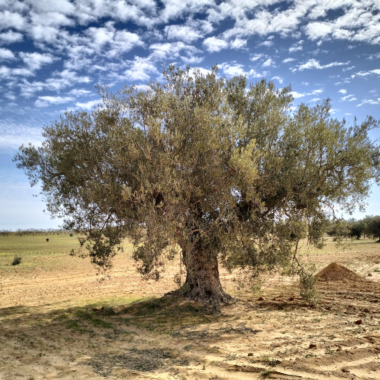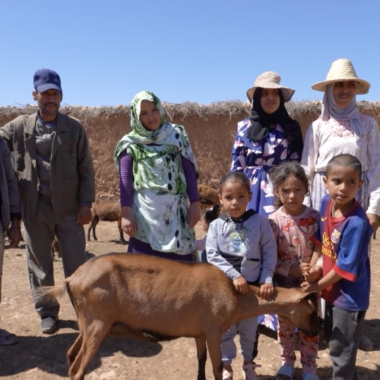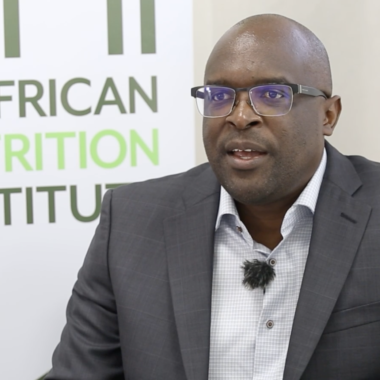Nutrient Omission Trials Tackle Yield Variation in Ethiopia
The 4R Solutions Project is currently building a platform to support the development of site-specific fertilizer recommendations for teff and wheat. The initial focus region is the Minjar-Shenkora district located in the Amhara region. Here the project has established multiple Nutrient Omission Trials (NOTs) that are designed to quantify and explain differences in teff and wheat yields under varying soil fertility and farm conditions.
Low soil fertility and minimal applications of external nutrients are key factors contributing to low crop productivity in the teff and wheat cropping systems of Ethiopia. Predominately farmed by smallholders, fertilizer use in both these cropping systems is often limited by the high cost of acquiring fertilizer products. Recent initiatives by the Ethiopian government have helped to support smallholder farmers in their efforts to access fertilizers, which have resulted in substantial improvements in crop productivity. For example, wheat yields have doubled from a low of 1.2 t/ha two decades ago, to the current 2.5 t/ha. However, despite this improvement, large differences in crop yield commonly exist between farms applying similar types and rates of fertilizers. While good yields have been attained on some farms, other farms fail to achieve their potential, which limits the opportunity for the entire region to sustain any improvement in crop productivity.
Large differences in crop yield commonly exist between farms applying similar types and rates of fertilizers.
Differences in crop yields between farms are often the result of fertilizer recommendation systems that fail to consider the strong variations in soil fertility and other conditions that are often observed between neighbouring farms. Such differences can prevent farmers from achieving the full benefit from adopting improved fertilization practices. This illustrates the need for improved site-specific fertilizer recommendations that can recognize these important differences between farms.
Teff nutrient omission trials have been established within key teff-growing villages of Bolosilasie, Kombolcha, Chole, and Adama, while wheat nutrient omission trials have been established within the villages of Kristos Semra, Iran Buti, Zewelde, and Sama. Data from these trials will allow for the fine-tuning of current teff and wheat fertilizer recommendations for nitrogen, phosphorus, and potassium, the three key nutrients that primarily limit crop productivity. These nutrient omission trial sites will additionally serve as farmer training centres used to identify and interpret visual crop nutrient deficiency symptoms, and gain knowledge on the contribution of balanced nutrient application to crop productivity based on the science-based concepts of 4R nutrient stewardship (i.e., ensuring farmers know to apply the Right source of nutrient at the Right rate, Right time, and in the Right place).
The 4R Solutions Project’s implementing partners are Fertilizers Canada, Cooperative Development Foundation of Canada (CDF-Canada), Global Affairs Canada (GAC), IPNI Canada, and African Plant Nutrition Institute (APNI). The project’s local cooperators in Ethiopia are Ethio-Wetlands and Natural Resource Association (EWNRA), Debre Birhan Agricultural Research Center (DBARC), and the Amhara Agricultural Research Institute (ARARI).
APNI Contributor: Dr. Samuel Njoroge, Project Manager – Nutrient Stewardship, East and South Africa
Related links
4R Solution Project https://4rsolution.org/

